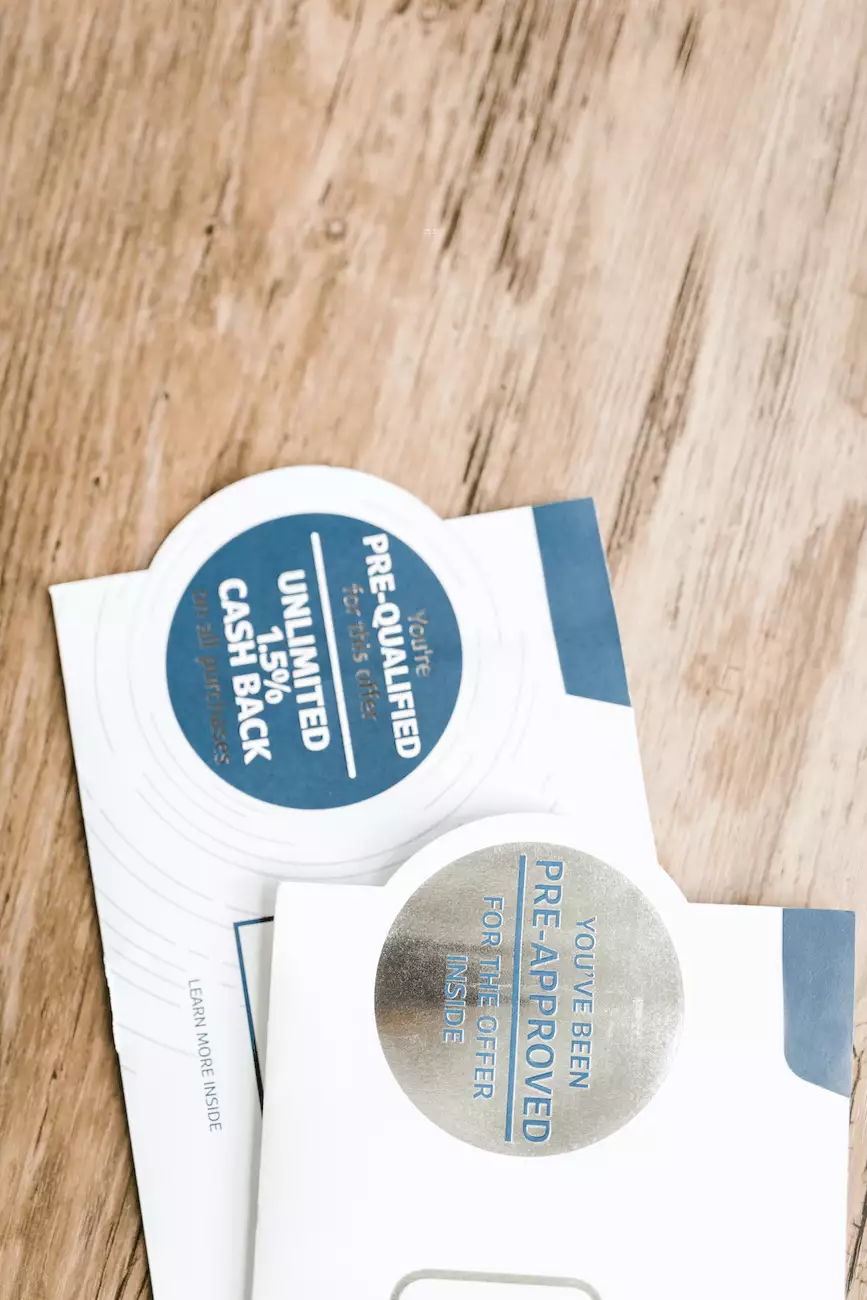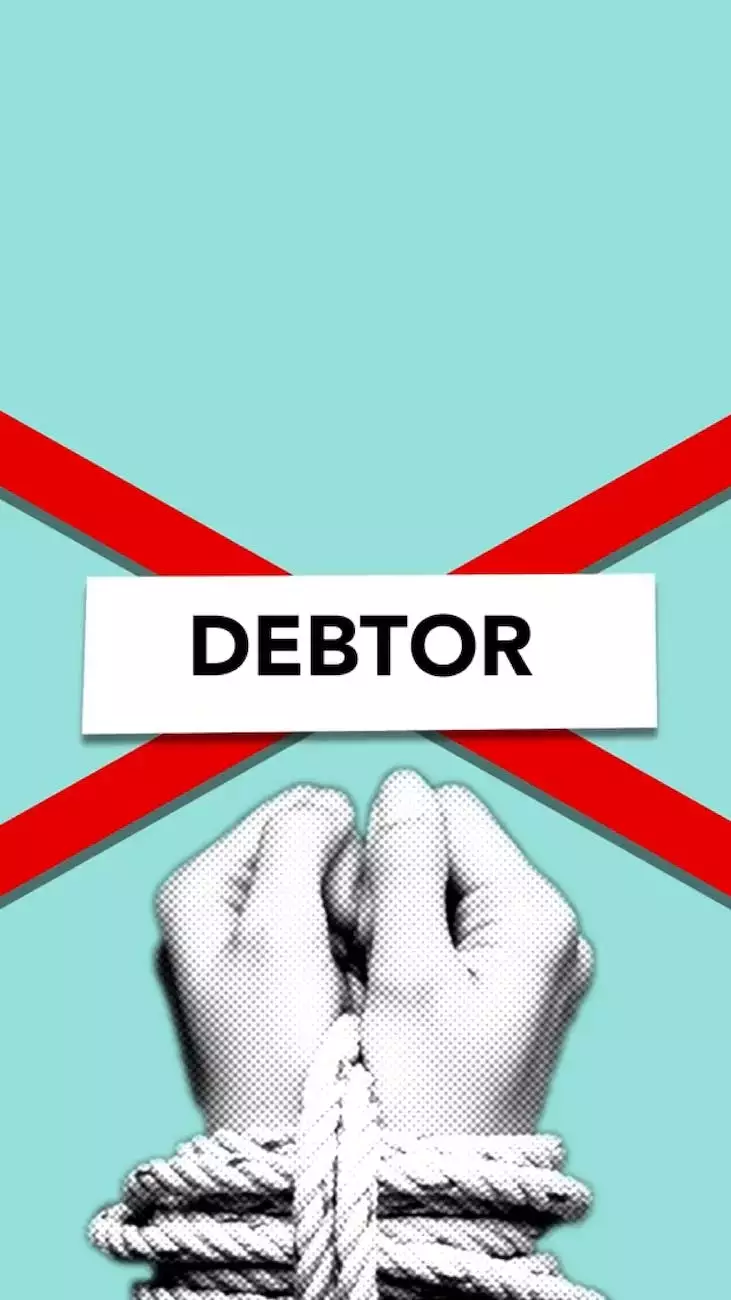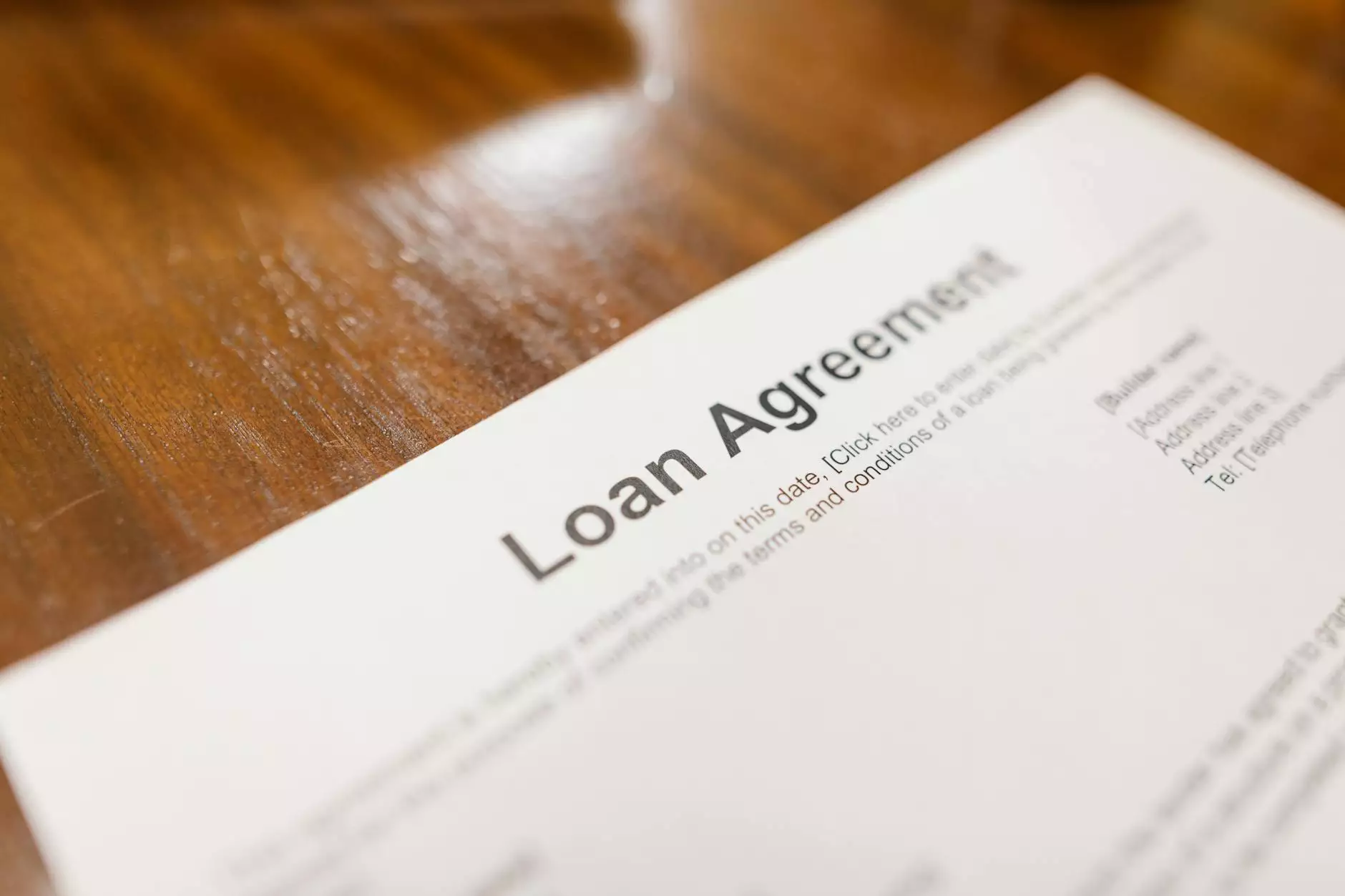What to Do When Debt Collectors Try to Collect a Debt that Isn't Yours

Introduction
Welcome to Social Service of America, a trusted resource for all your community and society needs. In this article, we will discuss the actions you should take when debt collectors come after a debt that isn't yours. Dealing with debt collectors can be stressful and overwhelming, but with the right knowledge, you can protect yourself and your financial well-being.
Understanding the Situation
When confronted by a debt collector, it's crucial to first determine whether the debt they are attempting to collect belongs to you. Mistaken identity is not uncommon, and it's important not to panic or pay for a debt that isn't yours. Start by asking the debt collector for detailed information about the debt, such as the original creditor's name, the amount owed, and any supporting documents.
Verify the Debt
Once you have gathered information about the debt, it's time to verify its legitimacy. Send a written request, via certified mail with a return receipt requested, to the debt collector asking for validation of the debt. The Fair Debt Collection Practices Act (FDCPA) grants you the right to request verification within 30 days of the initial contact. Make sure to keep a copy of all correspondence for your records.
Disputing the Debt
If the debt collector fails to provide proper validation or you believe the debt is not yours, you have the right to dispute it. Draft a dispute letter, again sent via certified mail with a return receipt requested, clearly stating the reasons why you believe the debt is invalid. Include any supporting evidence or documentation that can help your case.
Working with Credit Bureaus
While dealing with debt collectors, it's important to monitor and protect your credit score. Once you have disputed the debt, contact the major credit bureaus (Experian, Equifax, and TransUnion) to inform them about the ongoing dispute. They are obligated to investigate the matter and remove any inaccurate information from your credit report.
Seek Professional Help
If the debt collector continues to harass you or fails to respond to your dispute, it may be necessary to seek legal assistance. Consult with an attorney who specializes in debt collection practices to explore your options and protect your rights. Remember, you don't have to face this situation alone, and there are dedicated professionals ready to support you.
Preventing Future Issues
To avoid encountering similar problems in the future, it's important to be proactive. Regularly review your credit reports to identify any errors or fraudulent activities. Keep records of all communications with debt collectors and promptly respond to any legal notices you receive. By staying vigilant, you can protect yourself from debt collection attempts that aren't valid.
Conclusion
In conclusion, when debt collectors try to collect a debt that isn't yours, it's crucial to act swiftly and assertively. Remember to verify the debt, dispute it if necessary, and work closely with credit bureaus to protect your credit score. Seek legal help if the situation escalates, and take proactive steps to prevent future issues. At Social Service of America, we are committed to providing valuable information and resources to help you navigate challenging situations like this. Stay informed, stay empowered, and protect your financial well-being.










